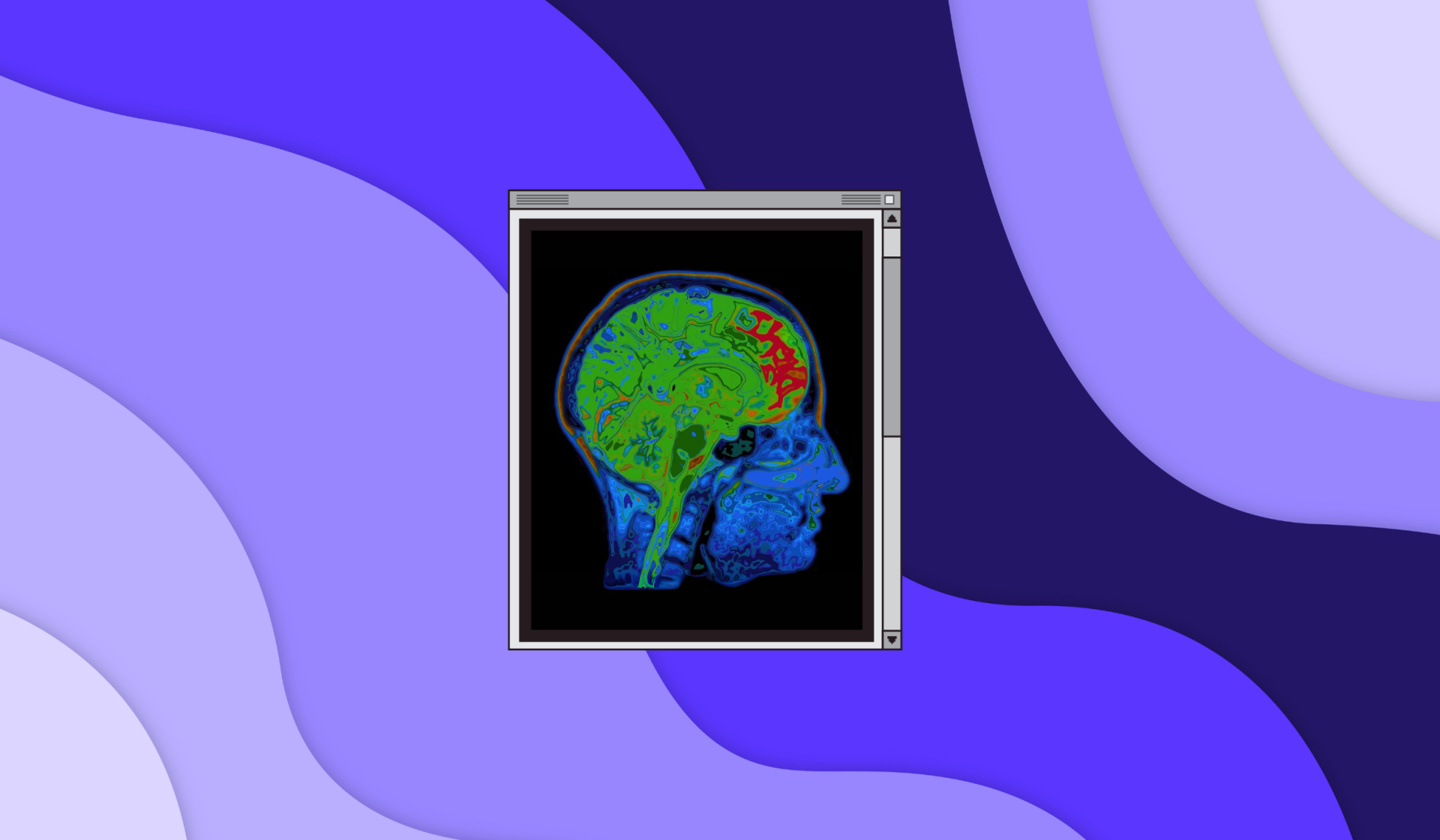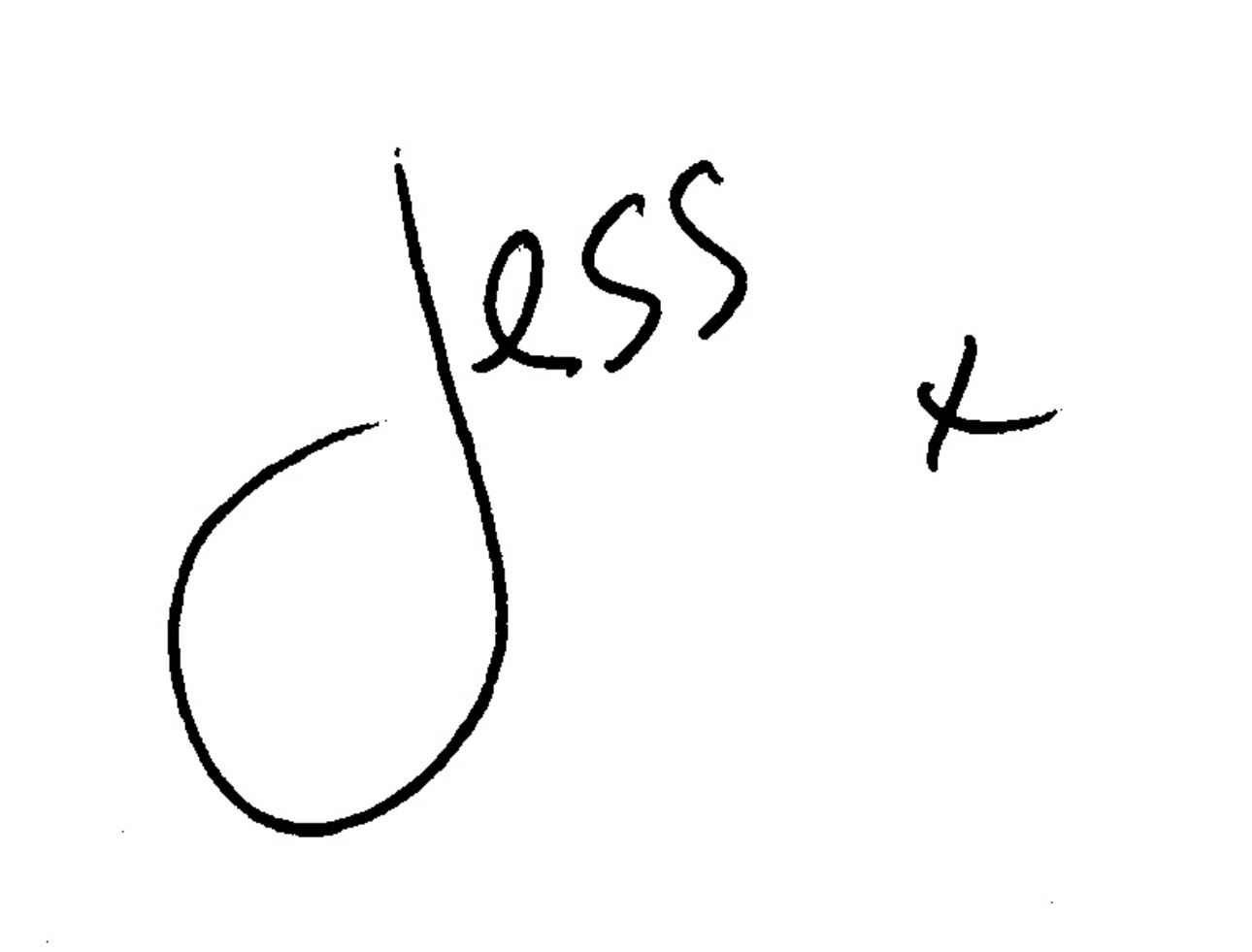the future of humanity is science-driven
Hello and welcome back to another newsletter from the common thred! 💫
With the world hyper-focused on football transfer news, the Coldplay concert cheating scandal, and other genuinely grim world developments, I thought it might be nice to use this edition to focus on exciting news in technology, science, health, and wellness. In other words, the stories that’ll likely get buried in your timeline.
To provide a sneak peek: scientists have discovered synergy in positive thinkers’ brains, tech companies are ushering in the next generation of discreet hearing aids, beauty companies say we’ll be slowing (and ending fear around) ageing within 20 years, and a new environmental scheme is being developed by the EU to replace the corrupt carbon credits market.
There’s so much more to get into, so let’s get started 🙂
🧠 Health + wellness
Optimists share similar brain patterns when thinking about the future – guardian
Some people have a knack for always seeing the silver lining, even when faced with dire situations. Looking at MRI scans, scientists in Japan have discovered that the brains of optimistic people light up in similar ways when thinking about future scenarios. ‘Optimists seem to use a shared neural framework for organising thoughts about the future, which likely reflects a similar style of mental processing rather than identical ideas,’ said Kuniaki Yanagisawa, first author of the research. The paper suggests that the reason many optimists report positive social experiences with one another is because they are literally ‘on the same wavelength,’ sharing in an intuitive connection that begins entirely with how they interpret the world. 🎶 Caught a vibe! 🎶
The new sun worship – atlantic
Given all the scientific evidence surrounding the dangers of prolonged and unprotected sun exposure, it’s surprising to see tanning making a real comeback. Social media influencers are praising the sun’s power increase serotonin and vitamin D, while others promote cancer-causing visits to tanning beds as a way to relieve stress. Anti-sunscreen conspiracy theories swirl simultaneously, with some claiming its popularity is nothing but a Big Pharma marketing plot to keep people sick. On top of all this, young people are using tanning apps to find out when UV rays are strongest in their area, so they can lay outside during the sun’s peak. A 2024 survey even found that 14 percent of young adults believe using sunscreen every day is worse for the skin than going without it. The return of the tan-obsessed is a particularly confusing comeback, as cosmetic products and procedures designed to target ageing accelerated by the sun have never been more popular.
🕶️ Tech
Eyeglasses with built-in hearing aids, this just makes sense – wsj
Around 1.5 billion people live with hearing loss globally, but many avoid buying hearing aids due to high costs, doctor’s appointments, social stigma, and discomfort. This is unfortunate, as impaired hearing can lead to social isolation and cognitive decline. A company called Nuance Audio has created eye-glasses with hearing aids built in the arms to address these barriers, at price that’s similar to traditional devices. The glasses connect to a mobile app that allows the wearer to tweak volume levels or pick from four presets that amplify different frequencies. Users can also toggle between picking up sounds coming from in front of them, or sounds from all around. The only downside? The battery only lasts for eight hours on a single charge, while other hearing aids can work for days. Not to mention, after 2.5 years, the battery life will drop to about 80 percent of its original capacity and can’t be replaced – but for those looking to discreetly enter the world of assisted hearing, these glasses could be the one. And surely, future advancements will allow the devices’ battery life to be better performing.
AI chatbots are making body dysmorphia worse – rolling stone
People are now uploading photos of themselves to AI chatbots and asking the technology to rate their attractiveness. Some will upload photos of themselves with a friend, asking AI to determine who is better looking. More often than not, they receive brutal assessments in return. One Reddit user said that AI assessed their appearance saying, ‘This is a low-attractiveness presentation, based on weak bone structure, muted features, and absence of form or presence. You look like someone who has faded into the background of their own life.’ Yep, pretty brutal. Obviously, this is bad news for people with body dysmorphia disorder (BDD), a mental illness that causes a patient to obsess over their perceived physical shortcomings and indulge in constant self-evaluation. People with BDD are more likely to use AI to gain validation or to seek suggestions from AI for cosmetic enhancements or surgeries. Though some will positively interpret feedback, taking on constructive suggestions for improvement, others will have their worst fears materialised.
💄 Style + beauty
The future of retail is offline – highsnobiety
More than ever, fashion designers are looking to engage with customers to help them understand what fits well, what works for them, and what they are missing from their closet. Our exhaustion with being chronically online is causing some of the world’s most interesting designers and retailers to deprioritise their online presence… or go offline altogether. Instead, brands are investing time and money into in-person shopping, offering up iconic experiences, a genuine in-store connection, and a glimpse into how their products are made. Though scaling back on the convenience of e-commerce might seem counter-intuitive, many brands may find it more important to build a community, feeling, and product space for consumers. Some of the most interesting stores and designers in the world are doing it, and the writers at Highsnobiety predict it won’t be long until bigger names follow.
What will we look like in 20 years? – vogue business
The beauty and wellness industry is transforming, with the conversation shifting away from obvious cosmetic procedures toward those that offer subtlety and longevity. Experts predict the coming decades of beauty will be propelled by ‘hyper-personalisation, artificial intelligence, biotechnology and regenerative medicine,’ as well as ‘AI-driven skincare, peptide technology, and gene-based interventions’. Though surveys suggest ageing is the biggest health and aesthetic worry for Vogue’s readers, specialists predict that in 20-30 years, ageing will no longer be feared, as advances in regenerative medicine will allow humans to design how we age and look. The next era is ‘deeply psychological, defined by an ongoing negotiation between who we are, who we aspire to be, and designing it,’ says Clare Varga, VP of content at trend forecasting agency WGSN.
🌎 World news
Western foreign ministers denounce Israeli attacks on Gaza aid seekers – al jazeera
Today Israeli forces killed at least 60 Palestinians in Gaza, including civilians receiving aid, during intensified military operations in Deir el-Balah – the first major ground incursion into the area since the war began 21 months ago. The deadly escalation comes amid a deepening humanitarian crisis, with the UN warning that famine is imminent, particularly in northern Gaza, where access to food and medical supplies remains severely restricted. Over 30 people have reportedly died from malnutrition in recent days, and even aid workers are fainting from hunger. Hamas announced it is working with international mediators on a potential ceasefire aimed at halting the starvation and securing humanitarian relief. The UN rights office reports that 1,054 people have been killed while trying to get food in Gaza since the end of March. It said 766 of them were killed near US-and Israel-backed aid sites labelled ‘sadistic death traps’ and 288 were killed near UN convoys or other relief organisations. At least 28 countries have condemned Israel for the ‘drip-feeding’ of aid and called for immediate, unrestricted humanitarian access, as the civilian toll mounts and pressure grows for a negotiated truce.
EU looks to ‘nature credits’ to fill green funding gap – reuters
The carbon credits market, while initially thought to be a fantastic option for companies looking to offset their annual CO2 emissions, has been mired by recent scandals in which projects that issued credits failed to deliver the climate benefits they claimed. Looking for a solution, the EU has proposed the introduction of ‘nature credits’ which would let companies or countries buy credits issued by farmers, foresters and other land managers protecting nature by, for example, planting trees, restoring a wetland, or switching to regenerative types of agriculture. The European Commission will this year form an expert group – including governments, farmers, local communities and scientists – to work on developing methodologies for “nature credits”, and fund a pilot project for these credits by 2027. The expert group will assess how to certify nature credits and govern a market for them, before deciding whether to fix this into EU law.
📺 Recommendation
Have you been wondering how extremist and far-right ideologies have permeated the minds and political stances of millions of people across America (and beyond)?
Mehdi Hasan, British and American broadcaster, writer, and Zeteo founder agreed to debate 20 young individuals (some being self-professed fascists) to try to understand. You can watch a shocking clip from one of the debates below, with the full version available on YouTube. It’s truly worth a watch.






















